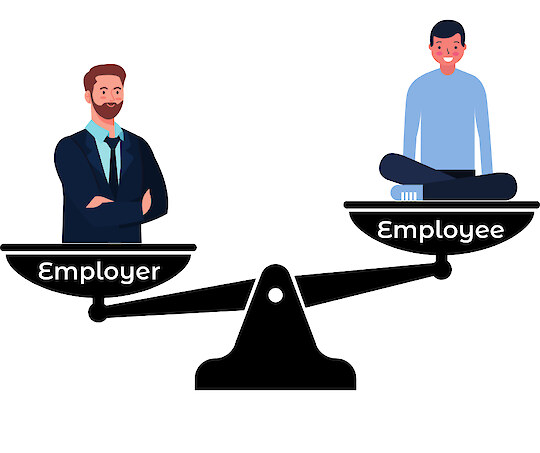
The Government introduced the Employment Relations Amendment Bill to Parliament on 17 June 2025 and it is currently awaiting its first reading in the House.
The Bill is intended to amend the Employment Relations Act 2000 to provide a clearer distinction between employees and contractors, exclude employees earning $180,000 per annum or more from raising a personal grievance for unjustified dismissal, and remove the requirement that new employees, for their first 30 days of employment, are placed on an employment agreement with the same terms as any relevant collective agreement.
The Bill also proposes to significantly change how an employee’s conduct is assessed during a personal grievance claim.
Current Law - “Fair and Reasonable”
Under the current law, an employer’s actions toward an employee will be justified if a “fair and reasonable employer” could have acted the same way in the circumstances. This requires consideration of whether the employer undertook an investigation into the employee’s alleged conduct, raised its concerns with the employee, provided the employee reasonable opportunity to respond, and genuinely considered the employee’s response. An action is not unjustified solely because of minor procedural defects that do not result in unfair treatment of the employee.
In assessing whether an employer’s actions were justified, the proposed changes will require the Employment Relations Authority or the Employment Court to consider whether the employee’s actions obstructed the employer from undertaking an adequate investigative process. The Authority or Court will be prevented from finding an employer’s actions to be unjustified solely because of any procedural defect (minor or otherwise), provided it did not result in the employee being treated unfairly.
Current Law - Employee Remedies
Currently, remedies available to an employee who establishes an unjustified action or dismissal by their employer include reinstatement to their previous position, reimbursement for wages lost, compensation for humiliation, loss of dignity and injury to feelings, and compensation for lost benefits (such as leave or KiwiSaver entitlements). Reinstatement must be provided “wherever practicable or reasonable”.
Current Law - Reasons to Reduce Employee Remedies
Where an employee’s behavior has contributed to the situation giving rise to the grievance the current law requires the remedies that would otherwise be awarded be reduced. “Outrageous or particularly egregious” employee misconduct can, in rare cases, result in remedies being reduced to nothing. Typically, the reduction is quantified as a percentage of the remedy, such as a 20 percent reduction where an airline pilot was dismissed after failing to conduct a pre-flight inspection, or a 40 percent reduction where an employee had been dismissed for falling asleep on the job multiple times.
Proposed Law - No Employee Remedies for Serious Misconduct
Under the Bill as proposed, the Authority or Court will be prevented from providing any remedy to an employee where the employee’s actions contributed to the situation giving rise to the personal grievance and amounted to “serious misconduct”. Where the employee’s conduct contributed to the personal grievance, but was not serious misconduct, the Authority or Court will be prevented from awarding reinstatement or compensation (leaving reimbursement of lost wages as the only available remedy). The new law will also expressly allow the Authority or Court to reduce remedies by 100 percent for employee contribution.
Transition Period
The proposed changes will come into force the day after the Bill receives Royal Assent. A transitional period of 12 months will apply during which existing employees earning $180,000 or more will still be able to claim unjustified dismissal. Dispute resolution provisions under existing employment agreements will continue to apply, except to the extent they allow an employee to bring a personal grievance that will be prohibited by the Bill.
The Bill represents a marked departure from current employment law, particularly in relation to assessing and remedying personal grievance claims. Responsible Minister Brooke Van Velden believes the changes are necessary to “ensure hardworking New Zealanders don’t see bad behavior (by employees) rewarded”. Conversely, workers’ advocates believe the changes will prevent hardworking New Zealander’s from holding badly behaved employers to account.
Whether you are a hardworking New Zealander, a badly behaved employee, or a badly behaved employer, do not hesitate to contact PRLaw for no-nonsense advice on your employment issues.
